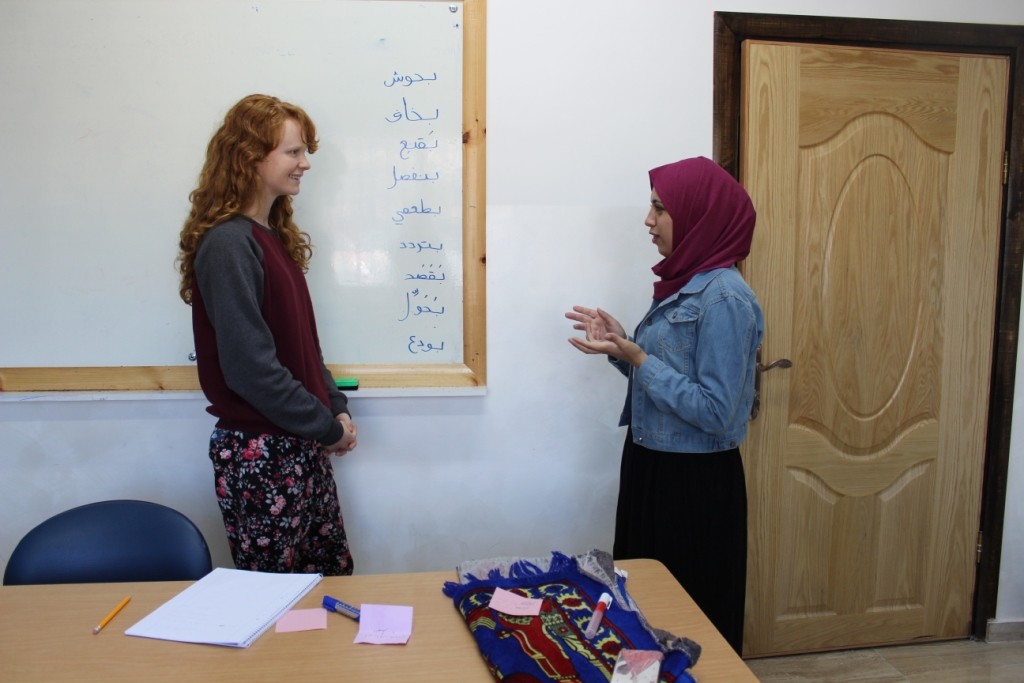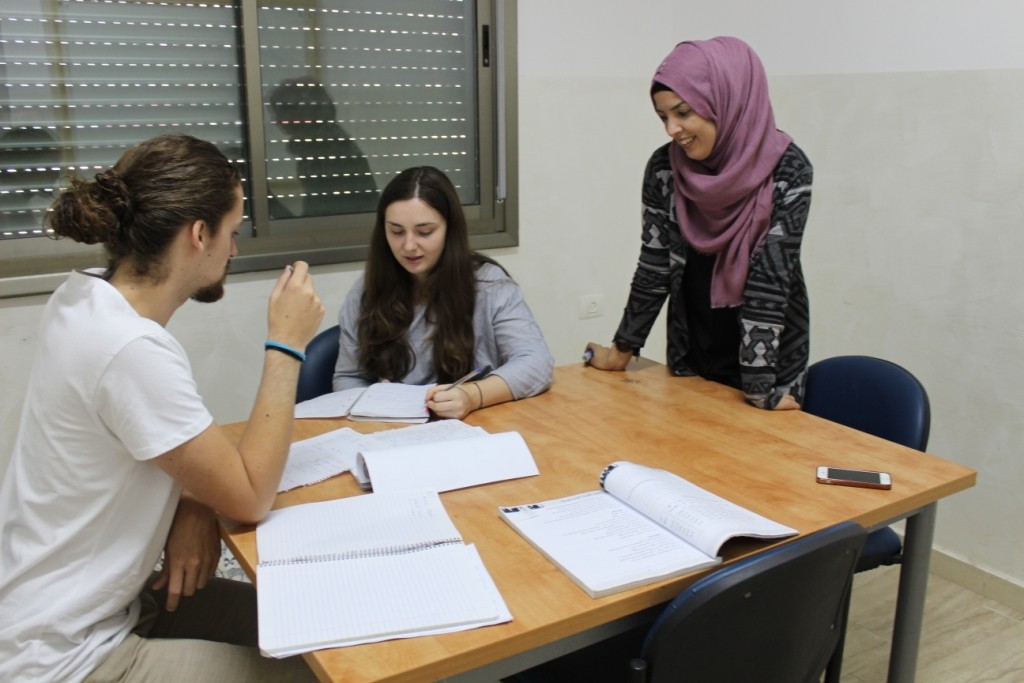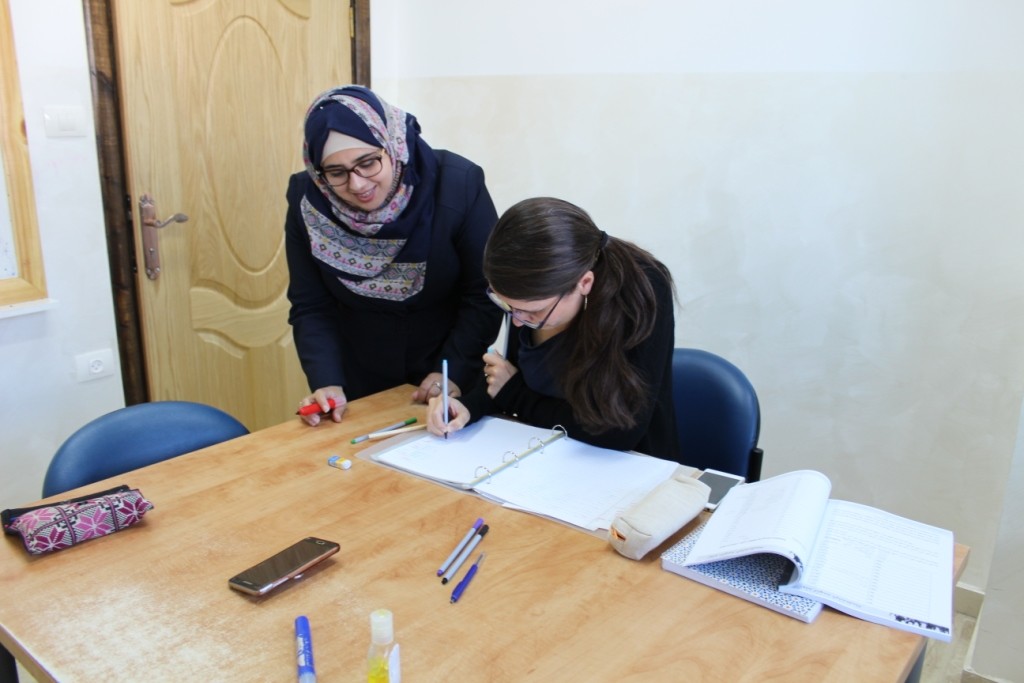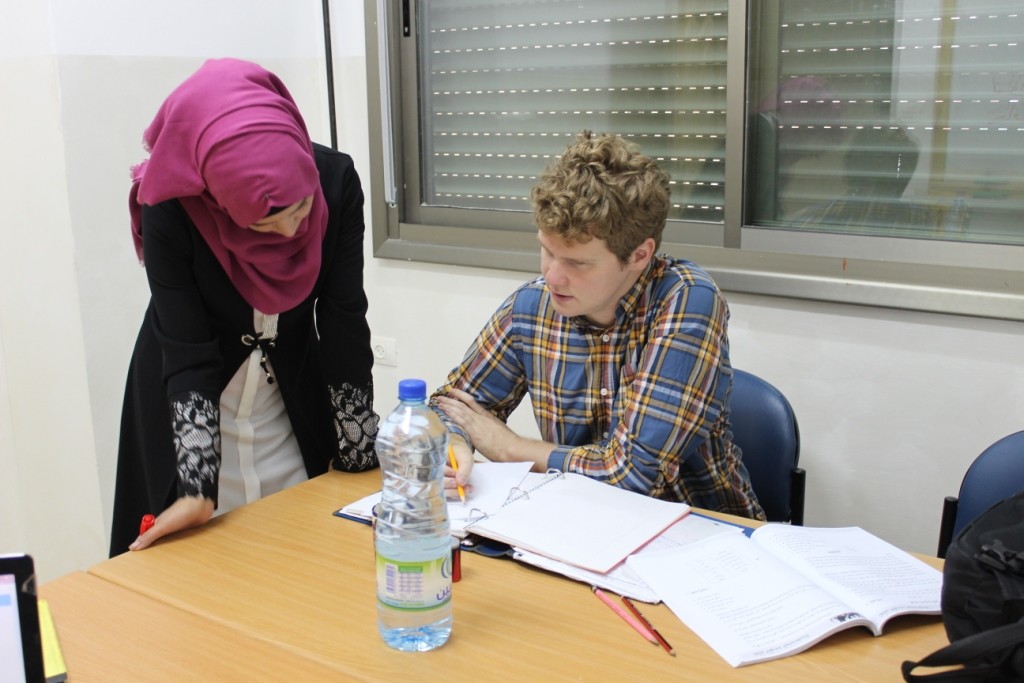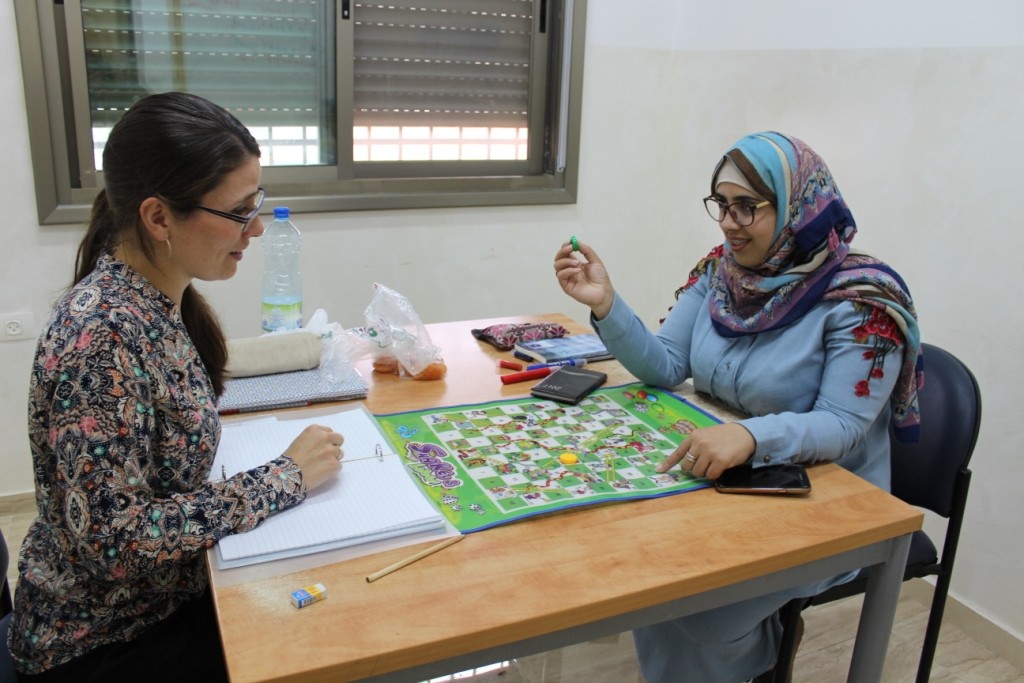 Learn Arabic in the West Bank, Palestine: If you are thinking about learning a new language, you should seriously consider making it Arabic. Arabic is the 5th most commonly spoken language globally, with over 375 million native speakers in more than 20 different countries. Learning Arabic would allow you to communicate with another 375 million people, but if that isn’t reason enough, here are some more advantages to speaking Arabic.
Learn Arabic in the West Bank, Palestine: If you are thinking about learning a new language, you should seriously consider making it Arabic. Arabic is the 5th most commonly spoken language globally, with over 375 million native speakers in more than 20 different countries. Learning Arabic would allow you to communicate with another 375 million people, but if that isn’t reason enough, here are some more advantages to speaking Arabic.
A highlight of learning Arabic in the West Ban, Palestine is being able to explore Arabic culture and history more deeply, as well as travel with more ease in the Middle East. Learning Arabic promotes greater understanding and appreciation of Arabic art, music, literature and cuisine, as well as the opportunity to explore Arabic history and its contributions to civilisation.
Inge, a volunteer at the Excellence Center in Hebron says that a highlight of learning Arabic in the West Bank is being able to “immerse myself in Middle Eastern culture. You don’t have to be fluent, but you feel more at home when you’re travelling in the Middle East even if you know just a little bit of Arabic.” If you travel to the Middle East and can speak the language, you will easily be able to discover more about the local cultural practices. You will also be able to practice the language easily, because Arab people are extremely friendly.
Catherine, an Arabic student in Hebron, West Bank says that “Language is an important part of getting to know a culture – you can’t truly know a culture until you learn a language.” She also believes that “the barriers between people disappear when you speak the same language”, so believes that language-learning is an important part of bringing people closer together.
Another key reason to learn Arabic in the West Bank is that there is a high demand for Arabic-speakers in the West. This means that Arabic speakers will easily be able to find careers in various areas, from business, journalism, the foreign service and translation. Arabic is also an official language in the United Nations, so Arabic would be useful for careers in international relations. Learning Arabic would certainly be beneficial for many career paths, especially while business is booming in the Middle East.
In conclusion, learning Arabic in the West Bank, Palestine will allow for a greater understanding of Middle Eastern history, culture and politics, and help you to explore the Middle East with ease. It would also be beneficial for many different career paths. So, the next step to learning Arabic is to choose a dialect to learn, by picking an Arab country you are most interested in, because Modern Standard Arabic (MSA) is generally only used in the media, politics and literature.
